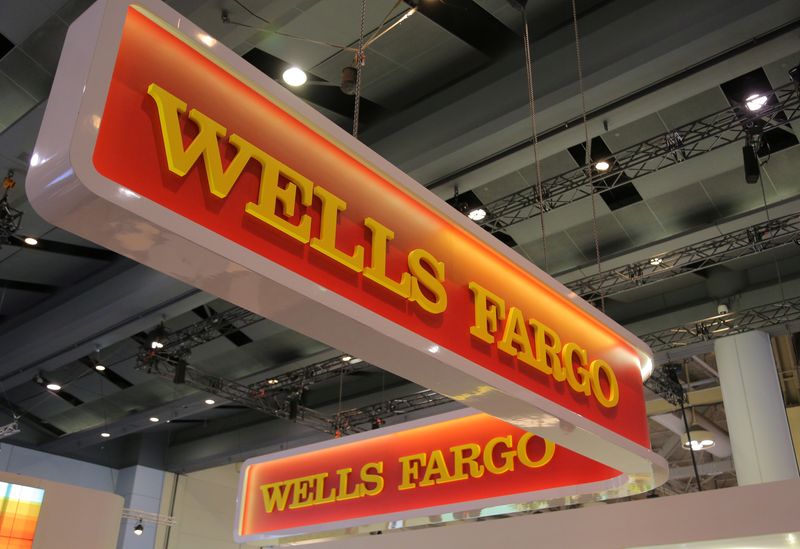By Jonathan Stempel
(Reuters) - Wells Fargo, which has spent years trying to extricate itself from its fake accounts scandal, was sued on Thursday for allegedly not doing enough to help customers who were harmed.
The lawsuit was filed in federal court in San Francisco, after Wells Fargo began notifying customers to contact the fourth-largest U.S. bank if they had been enrolled in unwanted products.
Amanda Gonzales, a New Mexico schoolteacher leading the proposed class action, said Wells Fargo hopes many customers will throw out its opaque-sounding letters.
She also said several phone representatives and her local branch gave her the runaround when she tried to learn her rights after being enrolled in an insurance product covering accidental deaths.
"Wells Fargo relies on the inconspicuous and suspicious nature of the letter to depress claims rates, shifting the burden on the customer to take action to dispute an 'enrollment' that Wells Fargo knows to have been," the complaint said.
By shifting that burden, Wells Fargo tries "to avoid, reduce, and delay its ultimate liability and sweep under the rug its long-standing, intentional misconduct," it added.
Wells Fargo had no immediate comment.
The complaint accuses Wells Fargo of violating the federal Fair Credit Reporting Act, and California and New Mexico consumer protection laws.
It seeks at least $5 million for customers who received letters from Wells Fargo about the unwanted products.
Wells Fargo's fake accounts scandal surfaced in September 2016, revealing that employees at the San Francisco-based bank had opened millions of fraudulent accounts, often to meet sales goals.
The scandal has led to billions of dollars of fines, the toppling of two chief executives, a guilty plea by a former retail banking chief to an obstruction charge, and a Federal Reserve cap on assets that remains in place.
Marc Dann, a lawyer for Gonzales, said Wells Fargo had offered his client $200 to resolve her claim.

"It's a high priority to get out from these enforcement orders," Dann said in an interview. "In typical Wells Fargo fashion, they're doing the minimum."
The case is Gonzales v Wells Fargo & Co et al, U.S. District Court, Northern District of California, No. 24-01223.